
Loading...
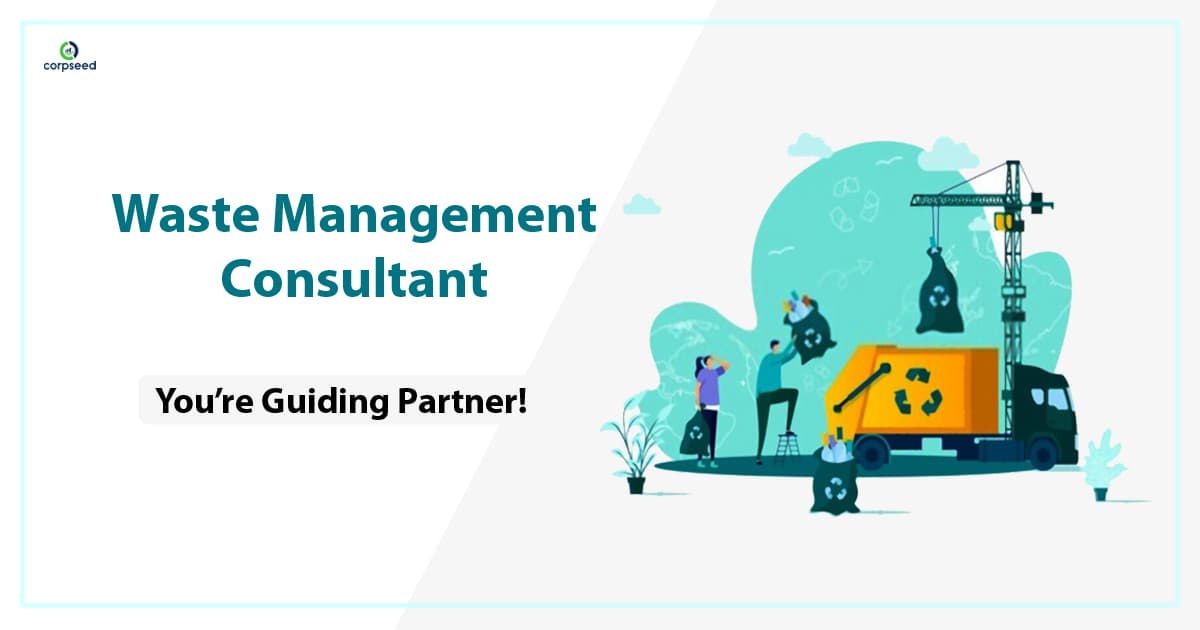
At the time of the industrial revolution, which witnessed swarms of people migrating from rural to urban areas, this resulted in population explosion and with it increase
About the Author

Experienced Digital Marketer with a demonstrated history of working in the Internet industry. He likes to write about the latest technology trends, Skilled in Digital Marketing likes. Search Engine Optimization, SMO, SEM, PPC, Content Writing, and, Designing, etc.
Related articles
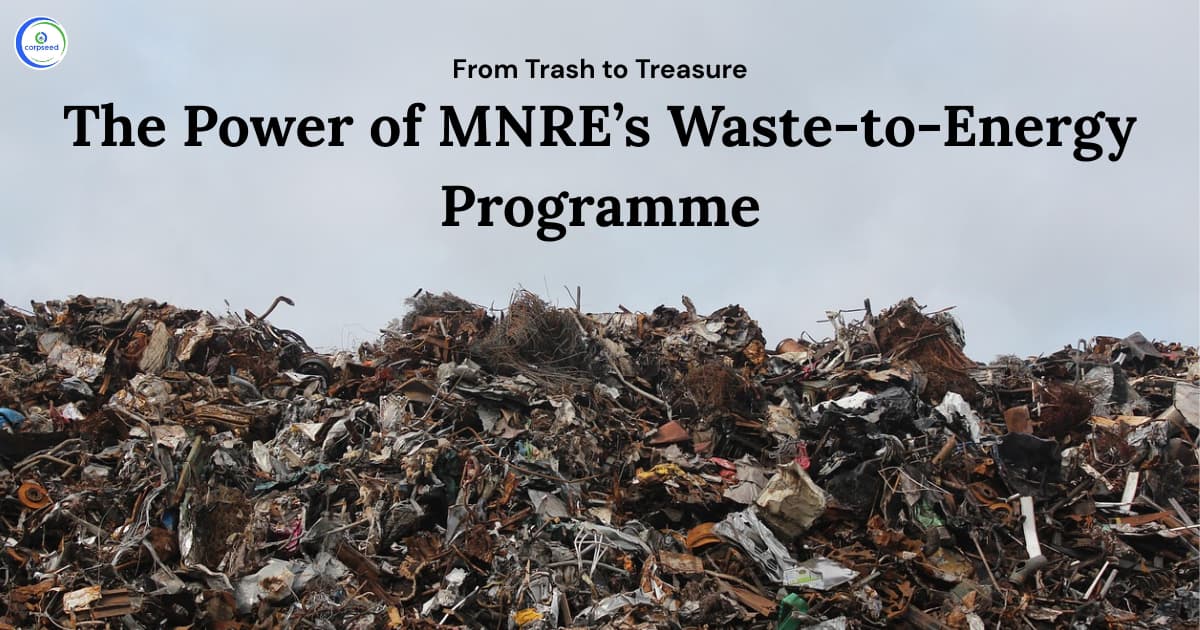
From Trash to Treasure: The Power of MNRE’s Waste-to-Energy Programme
2025-07-11
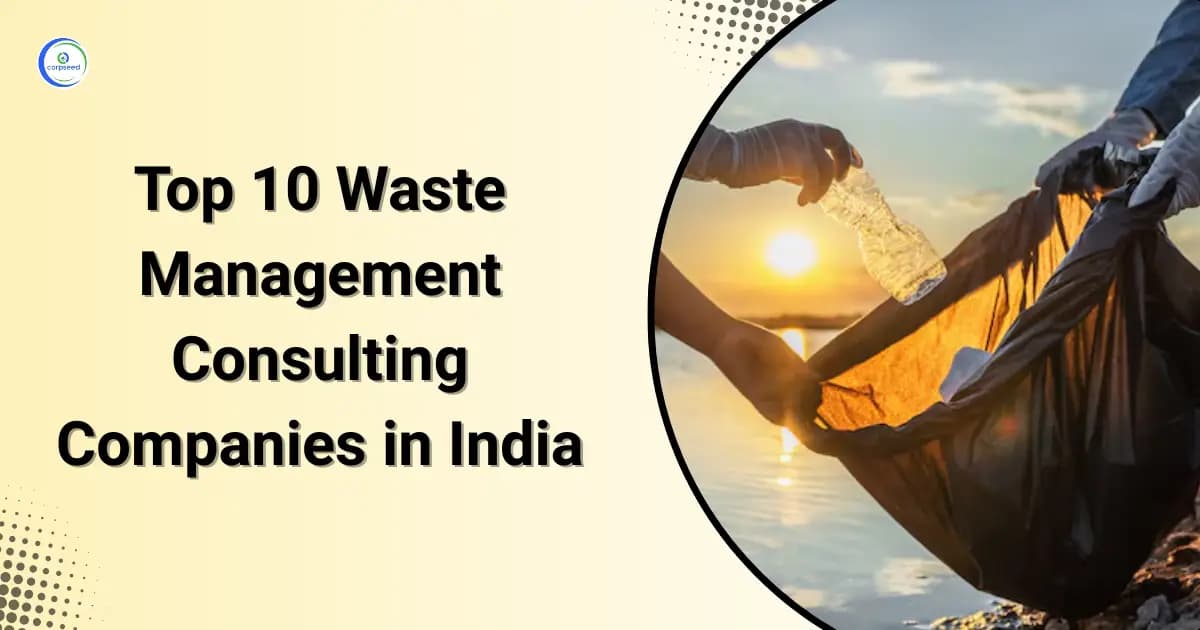
Top 10 Waste Management Consulting Companies in India
2025-05-09
_for_Assessment_%26_Characterization_of_Plastic_Waste_Corpseed.webp&w=1536&q=75)
Standard Operating Procedure (SOP) for Assessment & Characterization of Plastic Waste
2025-04-15
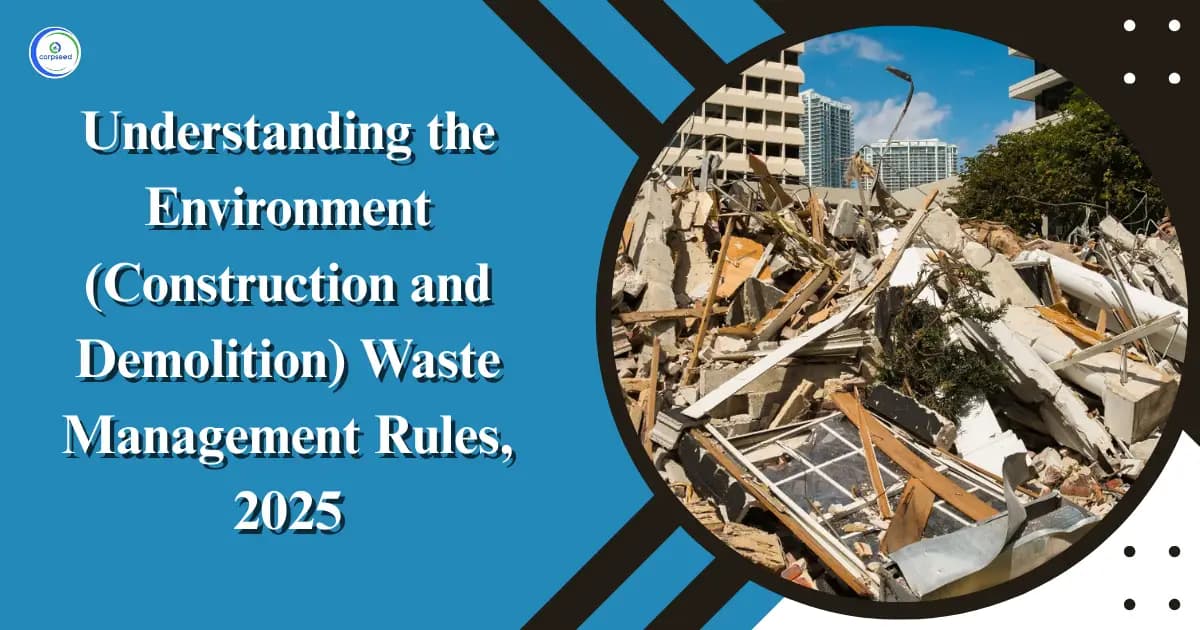
Understanding the Environment (Construction and Demolition) Waste Management Rules, 2025
2025-04-08

What Is Waste Management? | Importance, Definitions & Benefits
2024-12-04
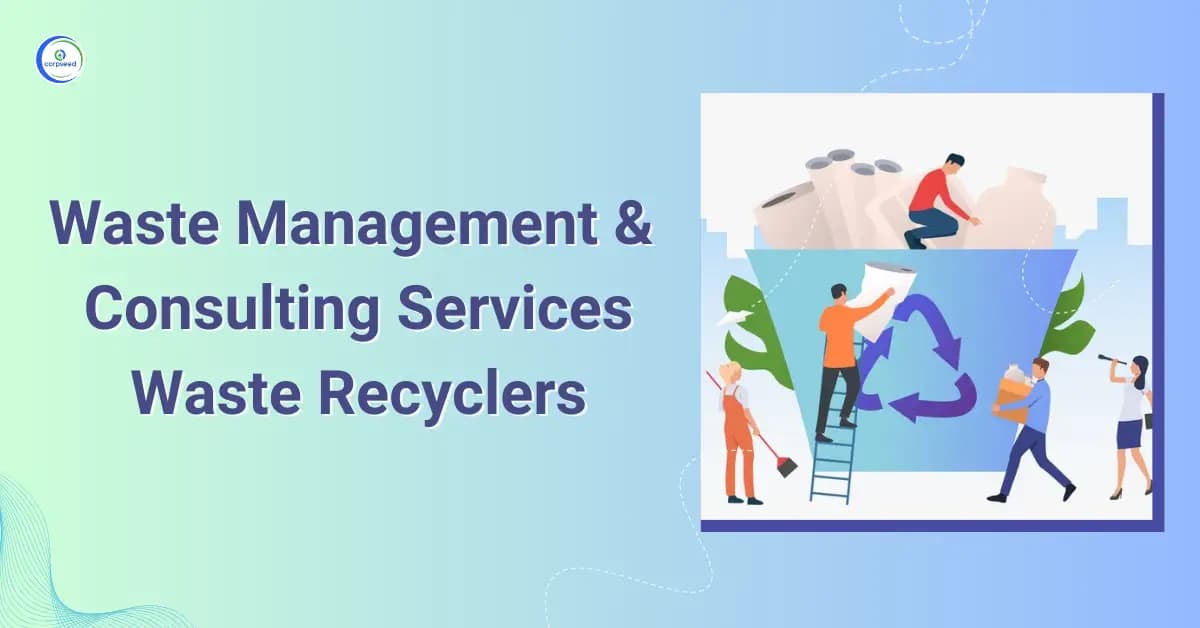
Waste management & consulting services waste recyclers
2024-11-30